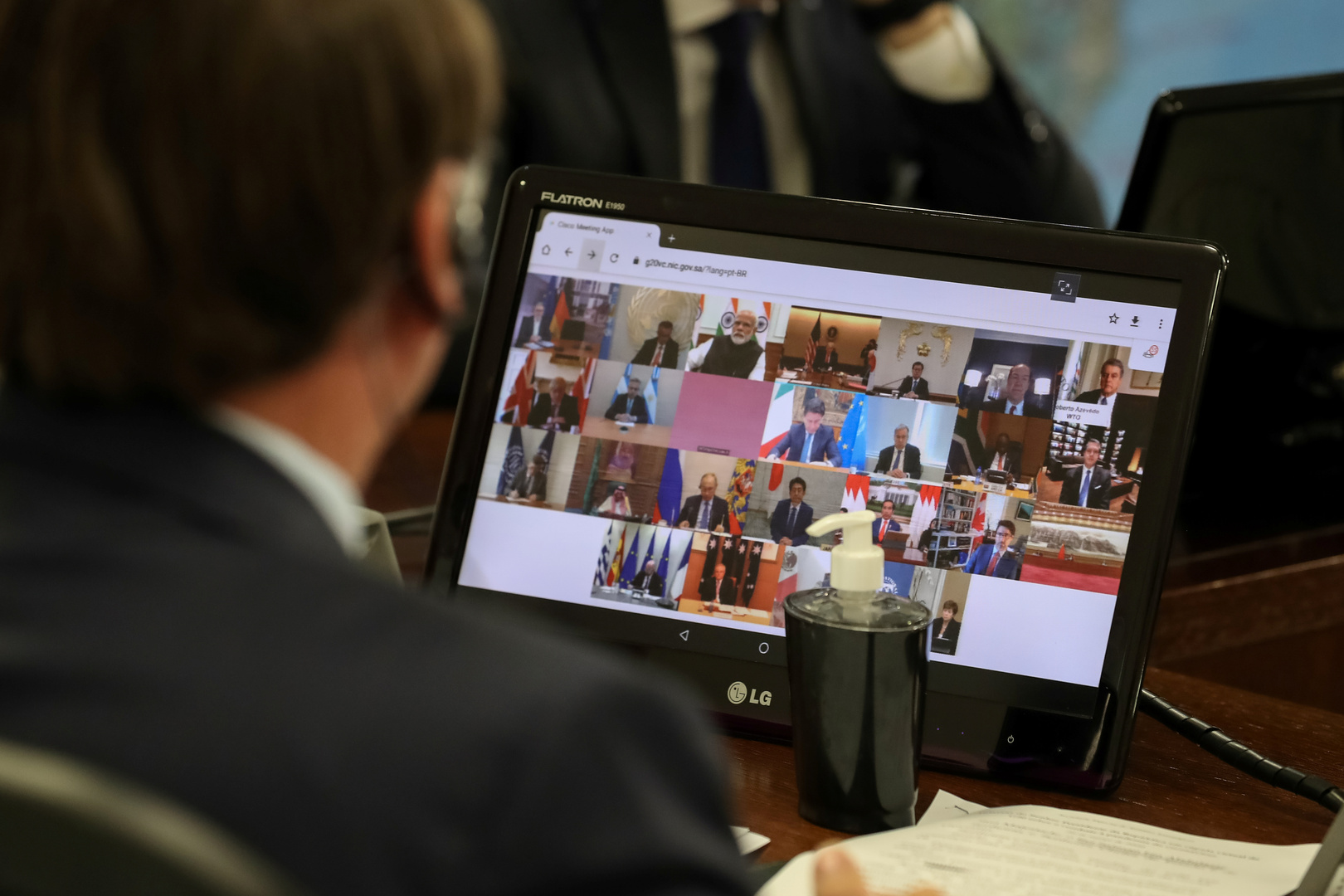As we reach the end of the second decade of this new millennium, this would appear to be a valid question given the massive changes in communications technology and the networking capabilities that have developed during the past quarter century.
Twenty-five years ago, we lived in an era of faxes, telexes, telephones and letters. Video-conferencing had not yet achieved a global reach. Diplomacy was carried out by professional diplomats and certain civil society groups who travelled physically from conference to conference.
Fast forward to today.
Today the world is completely networked. One can videoconference free of charge from anywhere on the planet with a smart-phone. One can communicate directly and instantly through e-mail and Whatsapp. One can create global virtual communities using Facebook or Twitter.
In short, people have the tools that they need to connect globally in the palms of their hands through their smartphones.
Thus, ideas can go viral and be shared from one end of the earth to the other at the speed of light. Networks of like-minded communities can be created and maintained across national borders and language barriers with no involvement by national governments.
Indeed, many believe that national governments are losing some of their importance as individuals or groups can create and sustain global public relations campaigns and sway the thinking of millions with one tweet or Facebook posting.
So I ask once again, has diplomacy lost its relevance?
My answer is no, not at all.
We have a communications revolution in which civil society, business groups, and others are enjoying the benefits of networking on a global scale without necessarily involving diplomats.
As in all revolutions, one must change one’s mentality.
And one must manage change.
Gone are the genteel days of diplomacy, a diplomacy that was as secretive as it was elitist. Diplomats today are not the sole players in international relations, but are only one of many in this century’s great game.
Consequently, diplomats must find their niches and exploit them if they are to remain relevant.
And what are those niches?
There are two broad niches that diplomats can continue to pursue.
One is state-to-state relations: diplomats will continue to pursue agreements between states where the political imprimatur of governments is required. This will include carrying out public diplomacy to ensure that all sectors of any given society can learn what a foreign government’s positions are, and can be persuaded to express their encouragement to their own government to agree when they share a basic value.
This is traditional diplomacy expanded to include modern marketing and strategic communications techniques.
The other niche is essential for the survival of humanity.
I refer to the management of critical global issues such as climate change, contaminated oceans, global electronic financial transactions, the management of epidemics, mass migration challenges, and others that cannot be handled by any one national government alone.
There is no military solution to climate change or to under-development, nor is there one in the face of the kinds of pandemics that the world has experienced during the past twenty years. Security issues do not necessarily imply military strength directly. The provision of safe drinking water to all, for example, can be handled more effectively through international diplomacy rather than military confrontation.
Mass migration of refugees will depend on two factors: the ability of diplomats to negotiate an end to the circumstances that cause people to flee their homelands, and the ability of the international community to manage the resources and political will necessary to assist those who have already been displaced.
These are the major issues that will continue to require professional diplomacy -- a diplomacy that can adapt to quickly changing circumstances, one that can create the frameworks for good decision-making on a national and global scale, and one that can connect with people everywhere to ensure that citizens of the globe feel involved in the decision-making that affects their lives and well-being. A diplomacy that leaves the salons of the world and enters the dirty reality of the human suffering that they must alleviate.
This to me is the future of diplomacy – a future in which public diplomacy will play a central role in bringing people together to address the myriad challenges humanity faces, but in which traditional diplomacy will continue to underpin state to state relations in shaping the scope and direction of change and creating the policies with which to manage it effectively
Edición: Laura Espejo
Este viernes, las familias de 27 personas seguían sin noticias de sus seres queridosc
Afp
América, por su primer gol, ante Necaxa; Chivas-San Luis, el sábado
Efe
Habrá un ambiente cálido con potencial de lluvia bajo
La Jornada Maya
Fauna nuestra
Miguel Améndola
